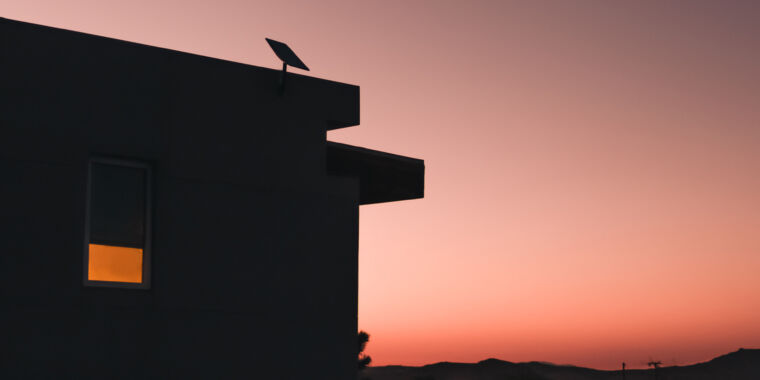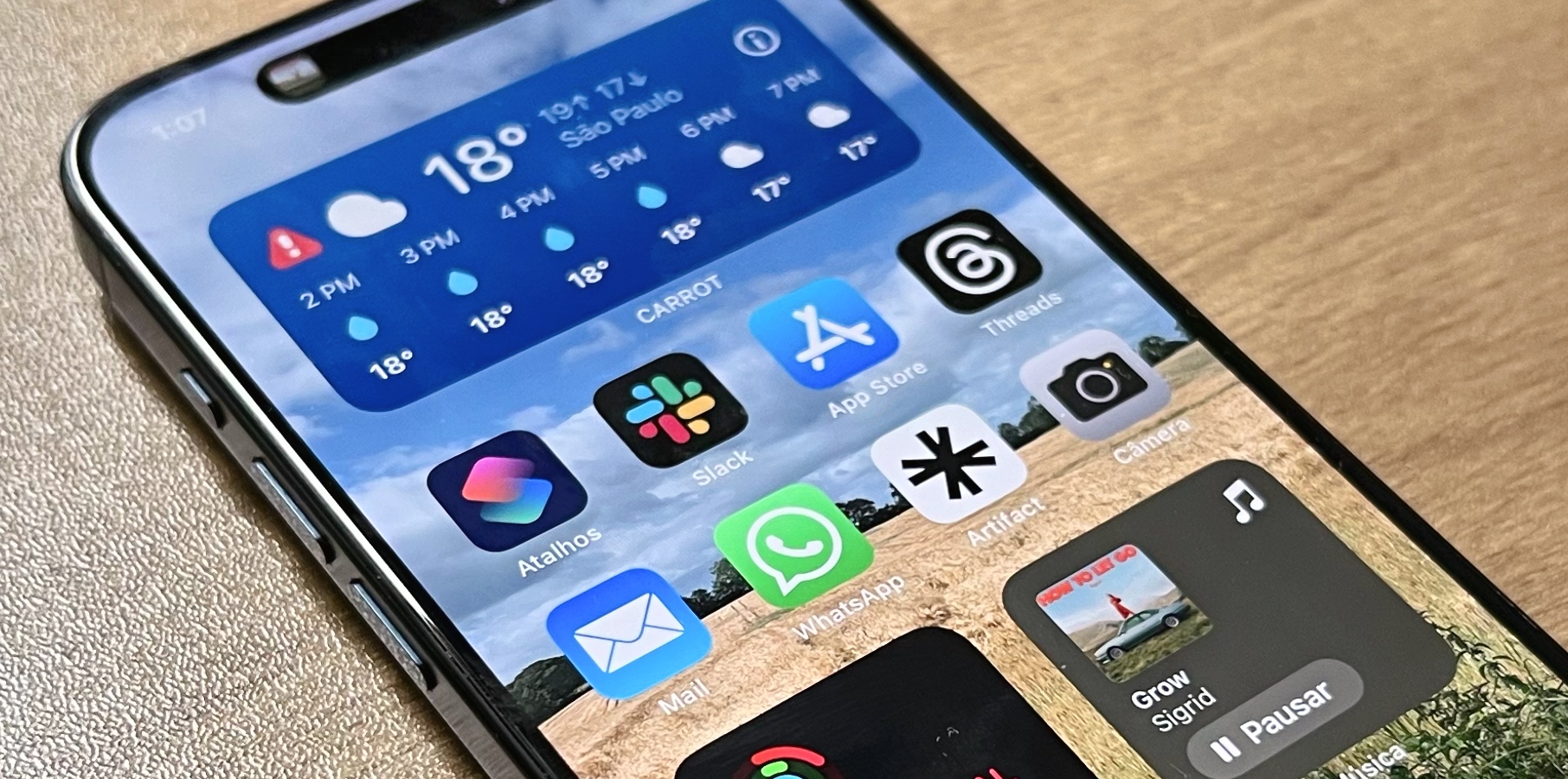Starlink
Starlink’s median download speeds in the US dropped from 90.6Mbps to 62.5Mbps between the first and second quarters of 2022, according to Ookla speed tests. Starlink’s median upload speeds in the US dropped from 9.3Mbps to 7.2Mbps in the same timeframe.
Median latency also got a little worse for Starlink’s US customers, rising from 43 ms to 48 ms. The latest numbers are in Ooka’s Q2 2022 report on Starlink speeds around the world, released Tuesday. “Starlink speeds decreased in every country we surveyed over the past year as more users sign up for service,” this week’s report said. The Q1 report is available here.
The Q2 report notes significant year-over-year decreases in Starlink speeds in numerous countries, while pointing out that overall performance is still pretty good:
Speedtest Intelligence reveals that median download speeds for Starlink fell across Canada, France, Germany, New Zealand, the UK, and the US, dropping between 9 percent and 54 percent from Q2 2021 to Q2 2022 as more users signed up for the service. However, Starlink still reached a median download speed of at least 60Mbps in North America during Q2 2022, which is more than enough for at least one connected device to do most everything on the Internet including streaming video, downloading games, and chatting on video with friends and family.
Upload speeds also slowed on Starlink, with speeds decreasing across all of the countries we’ve tracked over the past year. Latency fared a little better with latency remaining relatively flat (though high when compared to fixed broadband) in most countries. New Zealand was the outlier, with latency dropping 23 ms. For most users, we still suspect these dips are still worthwhile for areas that have no service, slow service, or few affordable options for fast Internet.
A year ago, in Q2 2021, Ookla reported Starlink median download speeds in the US of 97.2Mbps, uploads of 13.9Mbps, and latency of 45 ms. On its website, Starlink says users should expect download speeds of 50 to 200Mbps, upload speeds of 10 to 20Mbps, and latency of 20 to 40 ms.
FCC cited Ookla tests when denying Starlink grant
Ookla reports, based on user-initiated speed tests, were cited by the Federal Communications Commission last month when it rejected Starlink’s application to receive $885.51 million in broadband funding that had been tentatively awarded during then-Chairman Ajit Pai’s tenure. The FCC said it doubts whether Starlink can provide the grant’s required speeds of 100Mbps downloads and 20Mbps uploads.
“We observe that Ookla data reported as of July 31, 2022 indicate that Starlink’s speeds have been declining from the last quarter of 2021 to the second quarter of 2022, including upload speeds that are falling well below 20Mbps,” the FCC said at the time. Ookla, a private company, operates a widely used speed testing service and boasts that its data is often used by government and regulatory bodies.
The FCC’s doubts are also fueled by what the agency called Starlink’s “recognized capacity constraints.” SpaceX CEO Elon Musk has acknowledged Starlink’s capacity limits several times, for example, saying the satellite service will face “a challenge [serving everyone] when we get into the several million user range.” Starlink had nearly 500,000 users in 32 countries, according to a SpaceX presentation Musk posted on his Twitter account in early June.
This month, Starlink asked the FCC to reverse the grant decision and award the funding, saying the agency “relied on unauthorized outside speed tests.” Starlink also said speeds would improve as it launches more satellites. “First, the Ookla data covers a period of time more than three years before SpaceX’s first mandatory deployment milestone in 2025. But by 2025, the Starlink Network will have substantially more capacity than it did at the time of the speed tests in question,” the SpaceX division told the FCC.
Starlink has more than 3,000 satellites in orbit so far. The Internet provider has FCC permission to deploy nearly 12,000 satellites, including those already being operated, and is seeking authorization to launch tens of thousands eventually.
Users complain of slowing speeds
In addition to speed tests, anecdotal evidence suggests Starlink slowed down as the number of users grew. A PCMag article in July quoted several users complaining about speeds, including a Texas user who “encountered download rates on his Starlink dish that can dive as low as 1Mbps, especially during the evenings.” More users complained of slowdowns in threads on the Starlink subreddit.
Despite the evidence of Starlink getting slower, Ookla’s second-quarter data shows it clearly outperforms Viasat and HughesNet satellite services that have lower speeds and much worse latency. In the US, Viasat posted median download speeds of 23.7Mbps, upload speeds of 2.8Mbps, and 631 ms latency. HughesNet was measured at 22.6Mbps downloads, 2.5Mbps uploads, and 716 ms latency.
Wireline broadband is still the best. Overall, fixed broadband services in the US posted median download speeds of 150.1Mbps, uploads of 21.5Mbps, and 14 ms latency, the Q2 Ookla report said.
From the beginning, it was clear that Starlink is most appropriate for people who don’t have a solid cable or fiber connection in their homes. The recent data doesn’t change that overall conclusion, but Starlink users who are getting slower-than-expected speeds have good reason to be frustrated.


















.png)


Discussion about this post